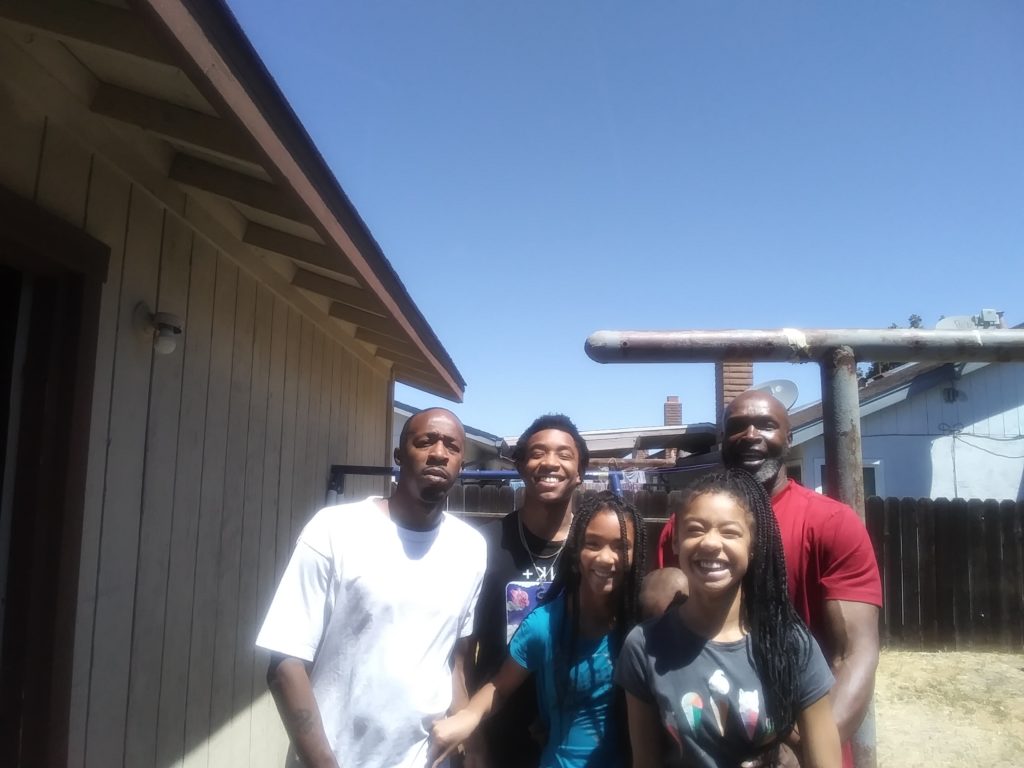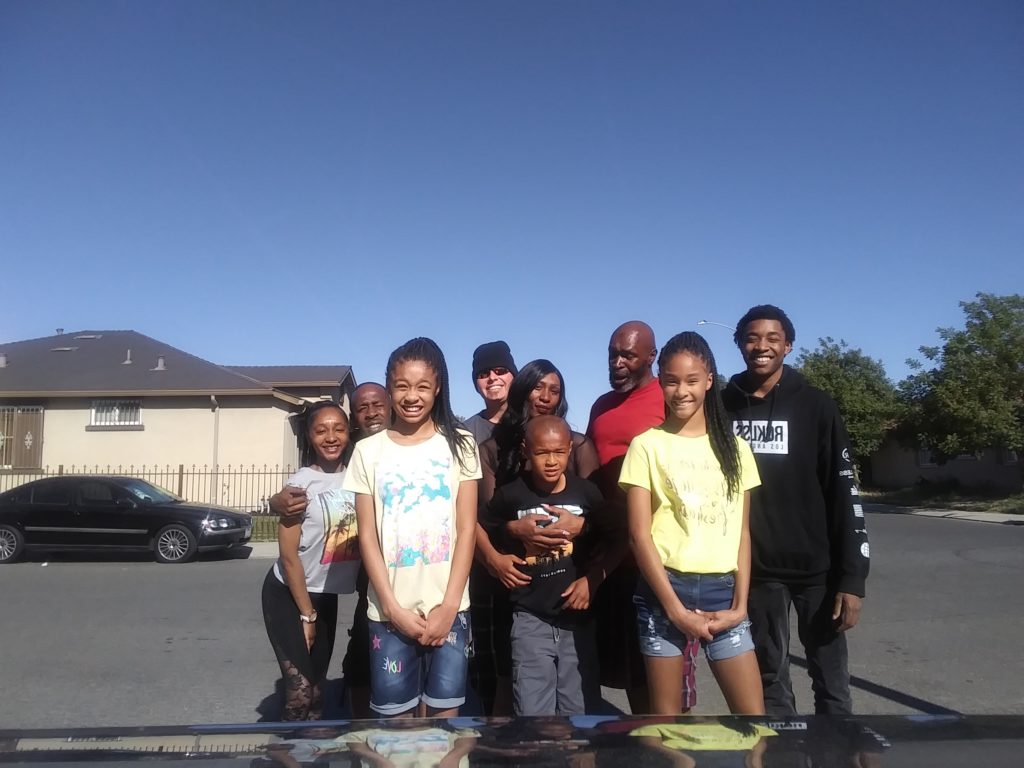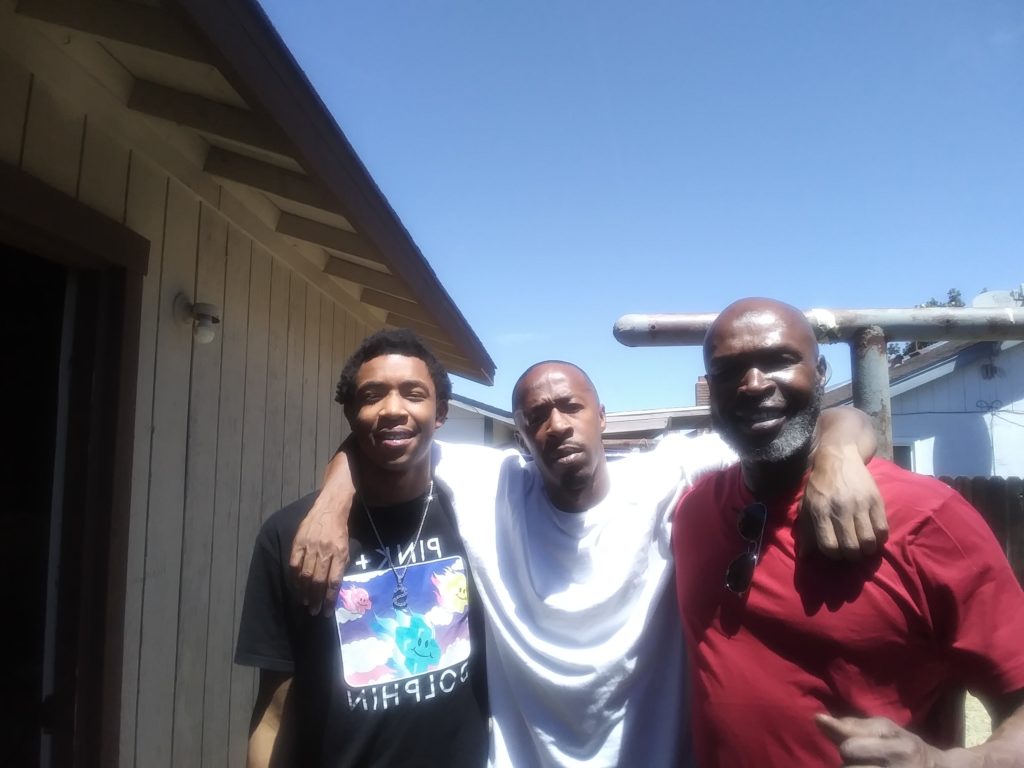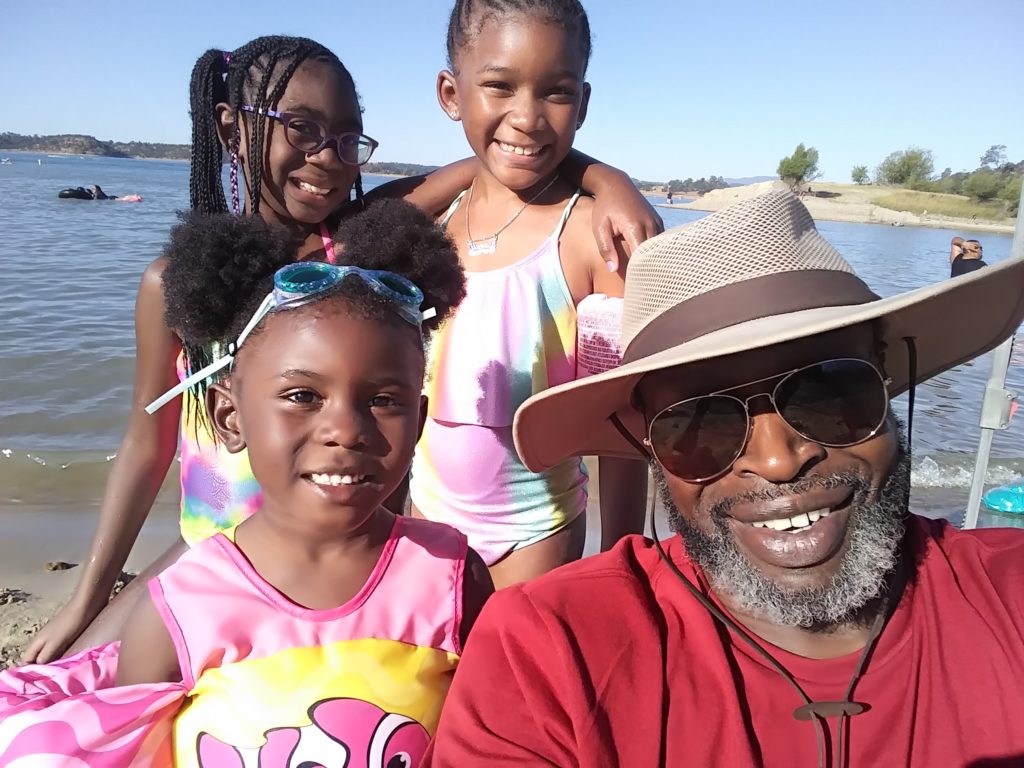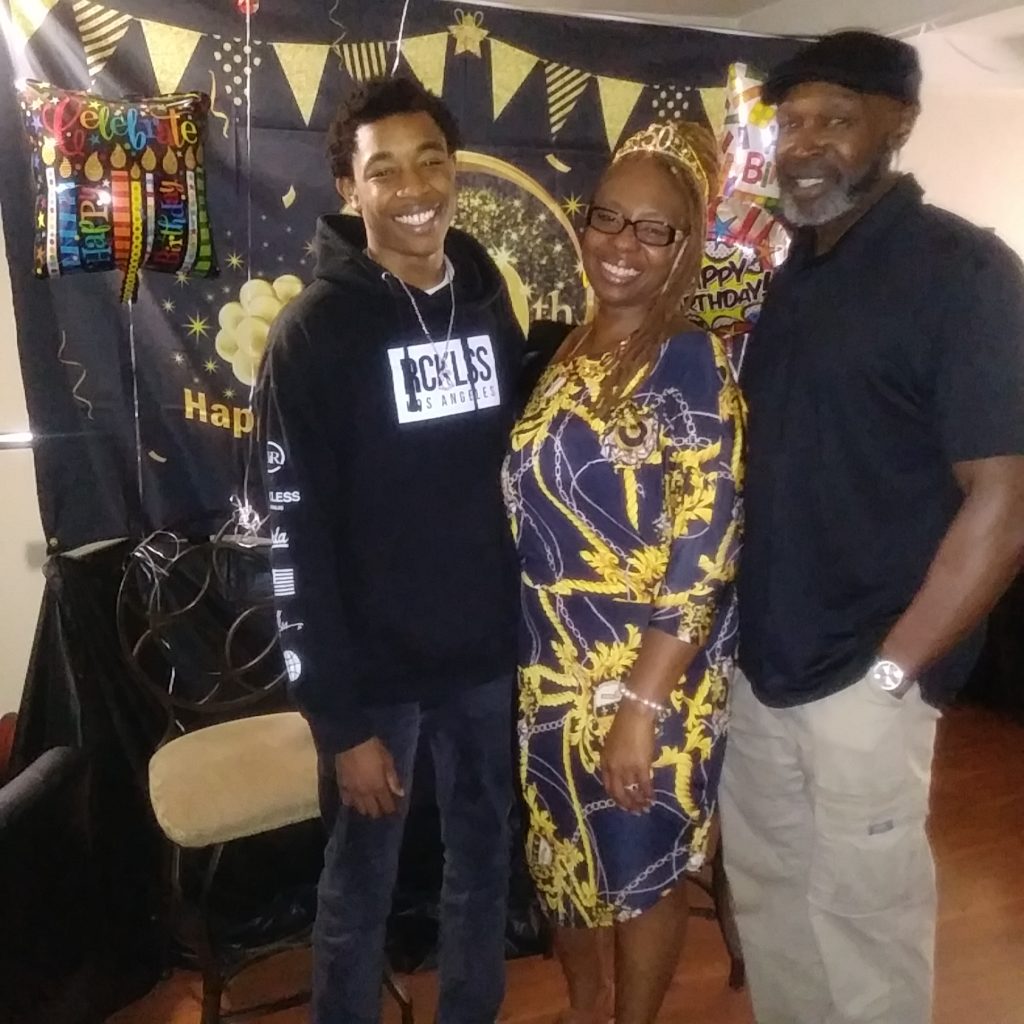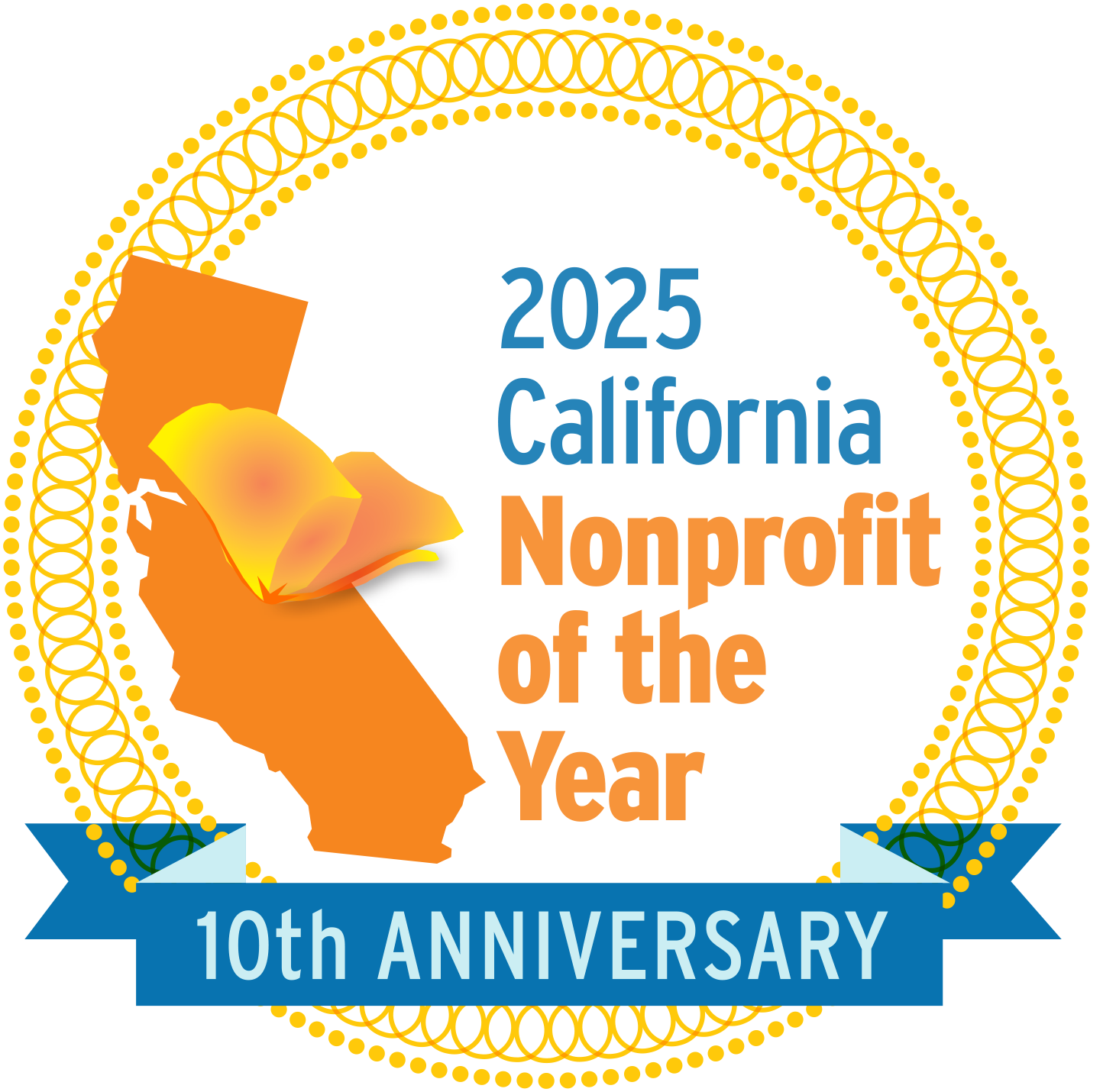One of the many Alumni who attended Mount Tamalpais College, Antoine “Aziz” Brown, is eager to share how the college inspired him to inspire others.
Aziz arrived at San Quentin in 2010, the same period when Governor Arnold Swartznegger added Rehabilitation to the name of the California Department of Corrections. Aziz was surprised to see that there was an on-grounds college campus at San Quentin, free of charge, and it was not one of the many opportunities that got cut in the budget that year.
While at San Quentin, Aziz completed many college courses and self-help groups before he earned his release on August 17, 2018. After he joined the outside world after 23 years of incarceration, Aziz wanted to continue his juvenile advocacy work, similar to what he did while incarcerated. He joined Re:Store Justice, a Los Angeles-based organization that addresses many issues including the harm caused by criminal justice systems.
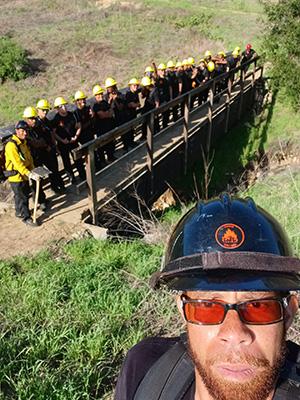
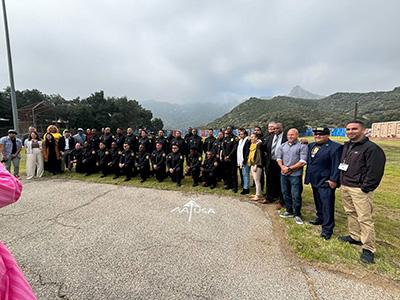
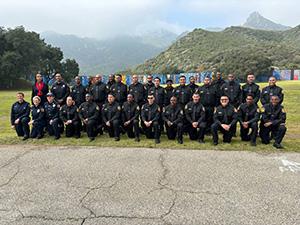
Navigating public transportation to get back and forth to work proved one of the most challenging aspects of Aziz’s transition. His fear of encountering ex-rival gang members in his changed state added an extra layer of difficulty to his parole conditions.
He also stated that those situations are similar to his college courses, recalling scenarios where he had to use critical thinking skills. “We learned to turn challenges into opportunities while sitting in a classroom,” Aziz said. “I wanted to use this to help my community, even if they are my ex-rival gang members.”
That inspiration to help others led Aziz to graduate from The Forestry and Fire Recruitment Program (FFRP), who was then hired to serve as a wildland firefighter with The Urban Association of Forestry and Fire Professionals, a non-profit Fire Department. In his role, Aziz actively trains individuals to become professional wildland firefighters. The FFRP is stationed in various locations throughout California and is currently promoting a pilot program in Calabasas where they partnered with LA County to start training in Camp Gonzalez.
There is a chapter in Oakland for those interested in connecting with Aziz and the organization. They welcome individuals who share their passion and commitment to making a positive impact through firefighting. Watch their trailer here.
